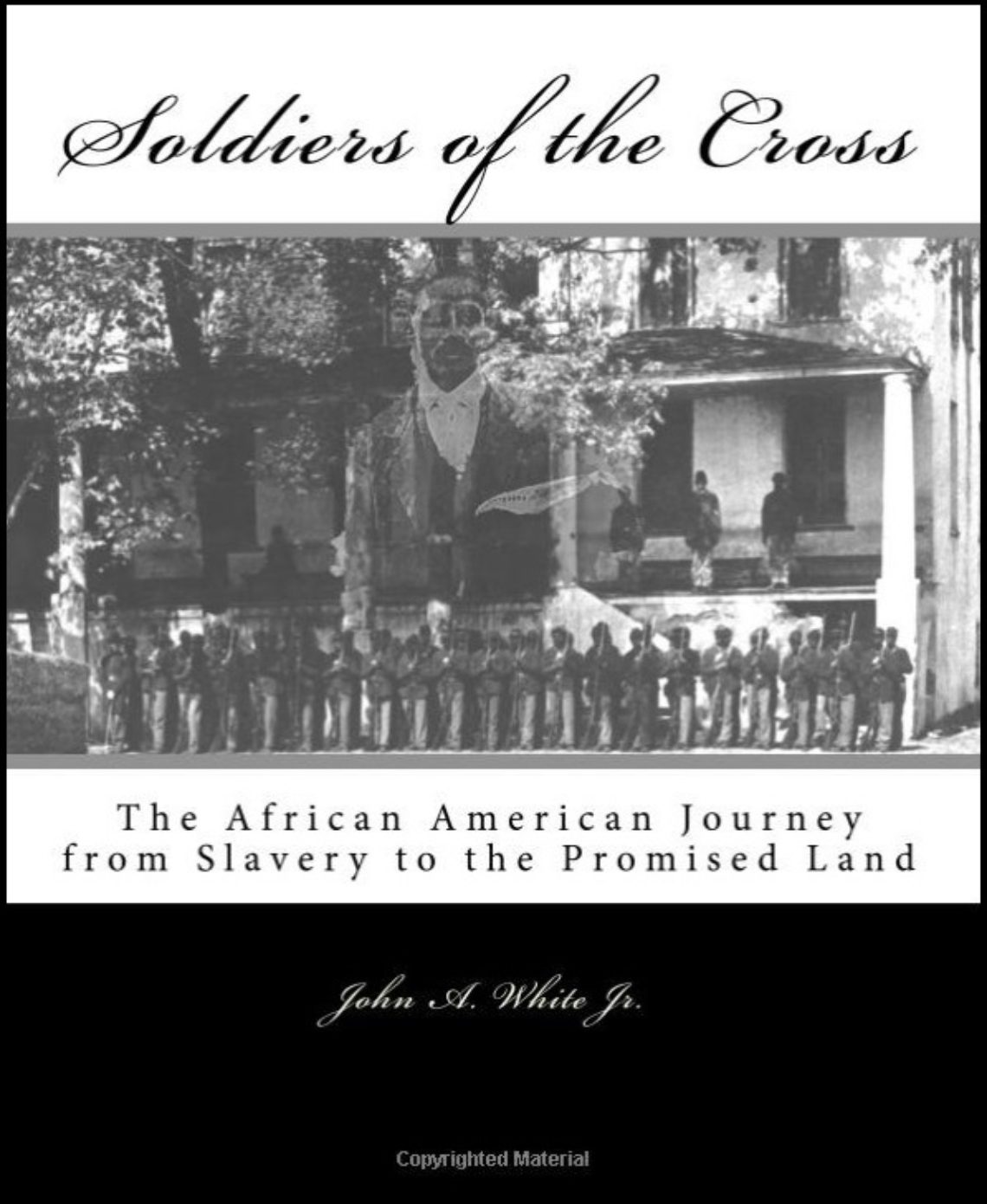
Fig. 4. 1908 German map of Africa
African American identity is unique to the extent that a label for identity, the N-word is an insult. The creation of this insult is the result of slave identity persecution. Identity persecution is the act of controlling someone’s identity for self-interest, in this case to support slavery. Slave identity receives little respect from the American establishment. A popular impression of slaves is that of servants portrayed in the classic movie Gone with the Wind. Slaves are considered helpless victims with no control of their lives or future, lacking the crucial American values of liberty and purpose. A lack of ancestral respect can lead to a lack of self-respect and respect for others. Generations of African American youth are expected to carry this ancestral shame, with little preparation or support.
When Europeans first came in contact with the dark-skinned people of Africa, they used the Latin term niger,[1] which means “shining black,”to describe them. I acquired an old German map of the people of Africa that divided the continent into three sections. The top section was called “Arab,” the bottom section was called “Bushmen,” and the large middle section was called “Neger.” I was puzzled by the word “Neger,” so I asked a European colleague if he knew the word’s meaning. He said promptly, “Black.” Neger means “black” in German. The American English word “nigger”simply came from the Latin word niger as well. The Spanish version of the word is negro, and the French version is negre.
The British appear to be responsible for creating the N-word but not responsible for using it as a racial slur. Oddly, the English Dialect Dictionary[2] does not define a nigger as a black person at all but as “a hard worker; adept.”The British referred to African slaves or “nigers” as hard workers absent of racial inferiority. They appear to have created the word “nigger” to describe a hard worker. However, racism was used to justify American slavery. The derogatory aspects of the N-word are an American creation that was probably derived to support American slavery.
The American Heritage Dictionary of the English Language, however, defines a “nigger” as “a Negro or member of any dark-skinned people.” This is an offensive term used derogatorily. Similarly, the modern Webster’s definition of “nigger” is “a negro; in vulgar derision or depreciation. It is usually intended and interpreted as highly insulting and vulgar.”
In other words, “niger” is like “Negro” because they refer to a dark-skinned African, but “nigger” is an insult. Note that the word “niger” sounds like “nigger,” except to the American establishment, the meaning is different. In other words, a black American slave is defined by the American establishment as inferior, demonic, or evil. The Spanish version of slavery was far more humane than the American version of slavery. Spanish slaves were treated with more respect, so their name “Negro” became a more respectable version of “niger.”
The word “coolie” is similar to the word “niger” in that it also became an offensive term used to refer to a race of people. “Coolie” is a racial slur toward people of Asian descent. The word originally referred to Asian laborers. Apparently, nonwhite, poor laborers were frowned upon in the American system; thus their name, “coolie,” became derogatory like “niger.”
[1]Wiktionary, niger, http://en.wiktionary.org/wiki/niger.
[2] Joseph Wright, The English Dialect Dictionary Being The Complete Vocabulary Of All Dialect Works Still In Use, Or Known To Have Been In Use During The Last Two Hundred Years (New York: G. P. Putnam’s Sons, 1905).
